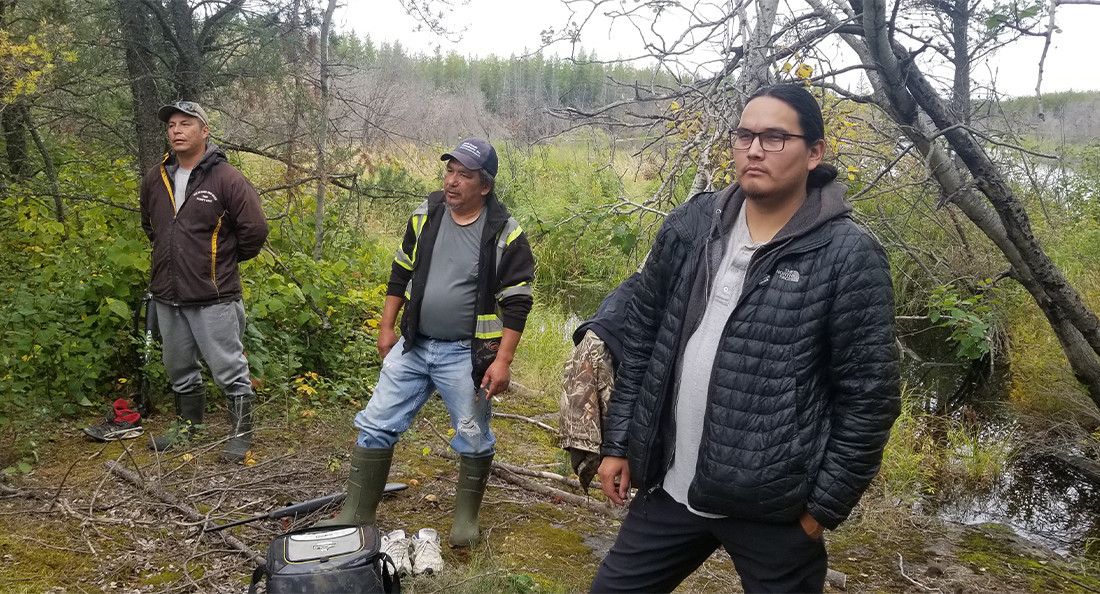Documentary series sheds light on four Lake Winnipeg communities
The Lake Winnipeg Project examines life around the lake
Filmmaker Kevin Settee's four-part documentary series The Lake Winnipeg Project shines a light on four different Anishinaabe, Cree and Métis communities on Lake Winnipeg. Produced by the National Film Board (NFB), the series explores how these communities have been adversely affected by the COVID-19 pandemic, industrial land encroachment and government intervention.
Settee said when first approached about taking on the project as a writer and co-director, he was interested due to his familial and communal ties to the regions examined in the series.
“I was tapped on the shoulder by one of the producers, Alicia Smith, at the NFB, and they had a project in pre-development about Lake Winnipeg, and they were interested to see if I wanted to help and do some writing and co-directing,” Settee says.
“For personal reasons, my co-director withdrew from the project, and I told the NFB that this was something I could do on my own. You know, this is where my family is from. This is where I come from. I grew up in the city, but (this is where) my grandparents are all from. I spent some time there as a kid, even from when I was a baby, up until now.”
Settee says one of the project's goals was to showcase communities and individuals that “people might not see all the time.”
“I didn't want to focus on stereotypes of our people, because I think it's important to show the beauty in my communities where my family is from and the beauty in the people, as well. I hope we were able to capture that.”
The writer-director says the reactions and response of the communities themselves were an essential step in the process.
The communities “are the ones that need to approve it ... I wouldn't put a documentary out that they don't approve of. I think that was for sure a main priority. I don't really see another way of doing it. That's the only way I could see myself putting these documentaries out.”
All four parts of the documentary combined are 52 minutes in length, and no episode is longer than 15 minutes. Settee says the focus to make the series shorter was to make it accessible to all audiences on all platforms.
“You can pack a lot of information into (10 or 15 minutes) ... A lot of visuals can be shown in that short timeframe,” Settee says.
“Sometimes documentaries can get too long. We wanted these to be short so people could watch them on their phones ... we had to think about editing these for people who are going to be watching on their phones or on their computers.”
The Lake Winnipeg Project is streaming for free at nfb.ca.
Published in Volume 75, Number 25 of The Uniter (May 20, 2021)






